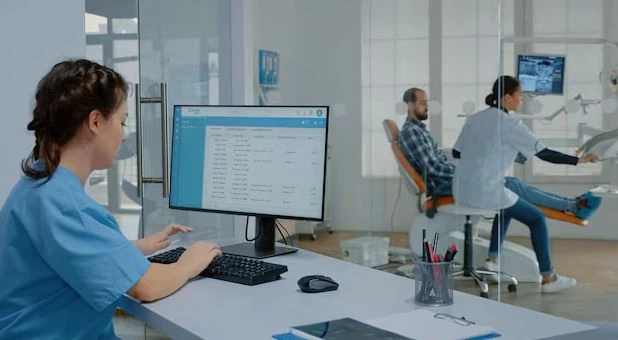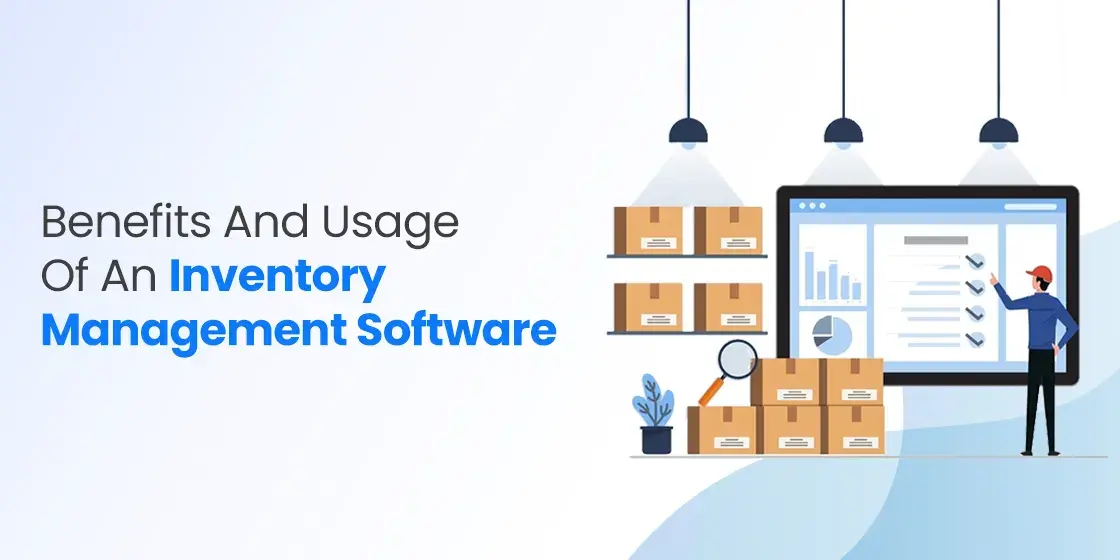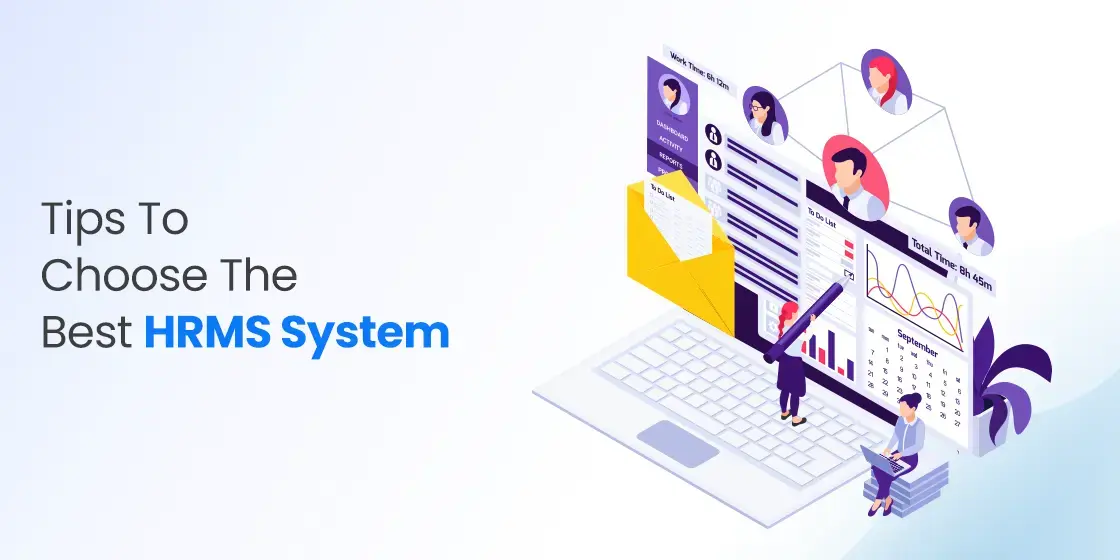Table of Content
Know About the Best Healthcare Management Systems Below
Healthcare systems with cutting-edge functionalities have become essential for hospitals and clinics lately. These software are designed keeping in view the routine requirements of healthcare providers. They perform a variety of tasks to streamline the operational efficiency of healthcare centers. Built by professional software development services, the best hospital management software ensure to automate several jobs that are manually hard or time taking. This is the key reason why healthcare providers are increasingly using these systems to simplify their day-to-day jobs.
Some healthcare systems are built on custom demands, while some are developed as per the standard requirements of the industry. Generally, organizations go for the standard software because they are precisely built according to the prevailing market requirements. From patient data management to real-time report generation, these hospital management software perform different types of jobs with pinpoint accuracy. They not just help healthcare professionals to save time, but also allows them to increase operational efficiency by managing different tasks on the go.
If you want to know which hospital management software are rated best in the industry, read this blog in detail. It will let list down some of the best hospital management software that provides plethora of features within one platform. Let’s start from the basics understanding what is a healthcare management system and why it is considered necessary for hospitals and clinics.
What is a Hospital Management Software?

Hospital Management Software (HMS) is a digital solution designed to streamline and automate the daily operations of healthcare institutions. It integrates various functions such as patient registration, appointment scheduling, billing, inventory management, and medical recordkeeping into a unified system. By reducing paperwork and human errors, HMS enhances efficiency, minimizes administrative burdens, and improves the overall patient experience.
A robust HMS typically includes features such as Electronic Health Records (EHR), staff management, laboratory and pharmacy integration, and financial reporting. These functionalities allow healthcare providers to access real-time data, track patient history, and ensure compliance with regulatory standards. Additionally, automation in billing and insurance claim processing reduces delays and enhances revenue cycle management. Many HMS solutions also incorporate analytics and reporting tools to support decision-making and operational improvements.
Why Hospitals Need a Healthcare Management System?

Hospitals need EHR software development to enhance efficiency, reduce administrative burdens, and improve patient care. Managing a hospital involves handling vast amounts of data, including patient records, appointment scheduling, billing, inventory, and staff coordination. An HMS centralizes all these functions into a single digital platform, minimizing paperwork, reducing human errors, and ensuring real-time access to critical information. This automation leads to faster service delivery, and improved overall hospital operations.
Beyond operational efficiency, an HMS also enhances patient experience and healthcare quality. Features such as automated billing, and integrated pharmacy and laboratory management ensure smooth workflows and accurate medical information. By using the system, healthcare providers can make data-driven decisions, track patient progress efficiently, and comply with regulatory standards. In an era where healthcare institutions face growing demands, a well-implemented HMS is essential for ensuring high-quality, cost-effective, and patient-centered care.
Partner with our software development specialists to pioneer custom solutions that drive your business forward.
Request Your Solution
Ranking the Best Hospital Management Software
There are various types of hospital management software currently used in the industry. To select the best medical apps, you need to first analyze the features that are offered by them. As per the recent market reviews, here are some of the best hospital management software you could use today.
LinkHMS
LinkHMS is a cutting-edge hospital and clinic management solution designed to enhance healthcare operations with its comprehensive features. One of its standout components is its advanced planner, which streamlines appointment scheduling, resource allocation, and staff coordination. This feature ensures that healthcare providers can efficiently manage patient visits, optimize facility usage, and reduce scheduling conflicts, ultimately leading to improved workflow and patient satisfaction.
In addition to its robust planning capabilities, LinkHMS also integrates a powerful Electronic Medical Records (EMR) system. This component allows healthcare professionals to securely store, access, and update patient records in real time, ensuring accurate and efficient documentation of medical history, treatments, and prescriptions. By digitizing medical records, LinkHMS minimizes paperwork, enhances data security, and facilitates seamless communication between departments, leading to better decision-making and higher-quality patient care.
Caspio
Caspio is a highly versatile low-code platform that empowers healthcare organizations to develop customized applications tailored to their specific operational needs—all without requiring extensive programming knowledge. By utilizing an intuitive drag-and-drop interface, Caspio enables healthcare providers to create solutions for patient management, appointment scheduling, billing, and compliance tracking. This flexibility allows medical institutions to streamline administrative workflows, enhance data accessibility, and improve overall efficiency without relying heavily on IT teams.
One of Caspio’s key advantages is its ability to integrate seamlessly with existing healthcare systems. With built-in security features, healthcare organizations can ensure the privacy and security of sensitive patient information using Caspio. By reducing the dependency on traditional software development cycles, Caspio allows hospitals, clinics, and other healthcare providers to rapidly deploy and modify applications, ultimately improving patient care and optimizing operational performance.
Epic
Epic Systems is one of the most widely adopted hospital management solutions worldwide. It is known for offering a comprehensive suite of tools that support healthcare providers in delivering efficient and high-quality patient care. Designed to cater to large healthcare networks, Epic offers an integrated platform that encompasses EHR, patient scheduling, billing, telehealth, and data analytics. Its user-friendly interface and interoperability with other healthcare systems allow medical professionals to access real-time patient information and enhance coordination across departments.
A key strength of Epic Systems lies in its scalability and adaptability to different healthcare settings, from small medical practices to large multi-hospital networks. With robust security measures and compliance with healthcare regulations such as HIPAA, Epic ensures that patient data remains protected while being easily accessible to authorized personnel. The platform’s advanced analytics and population health management tools enable healthcare providers to make data-driven decisions, track patient outcomes, and improve operational efficiency correctly.
athenaOne
athenaOne is a comprehensive healthcare management platform designed to streamline and optimize patient care and overall healthcare resource management. This all-in-one solution integrates essential functions such as medical billing, telehealth services, and patient engagement tools into a unified system. By automating administrative tasks, athenaOne helps healthcare providers focus more on patient care while ensuring seamless coordination between medical staff, reducing inefficiencies, and improving clinical outcomes.
One of the key strengths of athenaOne is its cloud-based architecture, which allows for real-time access to patient records, appointment scheduling, and financial management from any location. Its data-driven insights and interoperability with other healthcare systems enable providers to make informed decisions, track patient progress, and ensure regulatory compliance. With its user-friendly interface and robust analytics, athenaOne empowers healthcare organizations to deliver high-quality patient care while improving operational efficiency.
Cerner Corporation
Cerner Corporation is a globally recognized leader in health information technology. Its flagship offerings include EHR which provide healthcare professionals with secure, real-time access to patient data, enabling better clinical decision-making and improved patient outcomes. Beyond EHRs, Cerner’s technology supports seamless interoperability, allowing healthcare systems, hospitals, and clinics to share critical patient information across different platforms while ensuring compliance with industry regulations such as HIPAA.
In addition to EHRs, Cerner specializes in population health management and revenue cycle management solutions. Its population health tools leverage advanced analytics to identify at-risk patient groups. Meanwhile, Cerner’s revenue cycle management solutions streamline billing, claims processing, and reimbursement workflows, reducing administrative burdens and maximizing financial efficiency. By integrating these technologies, Cerner continues to drive innovation in healthcare IT, empowering providers to deliver high-quality, data-driven, and patient-centered care.
Frequently Asked Questions
| What is a hospital management software? Hospital Management Software (HMS) is a digital solution that streamlines hospital operations by integrating patient records, appointment scheduling, billing, and administrative workflows. It enhances efficiency and ensures seamless coordination across healthcare departments. |
| What hospitals need a healthcare system? Hospitals of all sizes need a healthcare system to manage patient records, streamline operations, and enhance care delivery. It ensures efficient resource utilization, regulatory compliance, and improved patient outcomes. |
| What are the benefits of using a hospital management software? Hospital Management Software improves efficiency by automating administrative tasks, reducing errors, and enhancing patient care. It also streamlines billing, appointment scheduling, and data management for better coordination and decision-making. |
Final Words
That brings us to the end of this blog in which we have listed some of the best hospital management software currently available in the industry. These systems are used by many healthcare organizations because they offer countless management features inside just one platform. That is what makes these systems pretty important for every healthcare organization, as they simplify data management and other jobs within just a few clicks.

Empower your digital journey with StruqtIO - Your dedicated partner for cutting-edge custom software development, innovation, and digital transformative solutions. Harness the power of technology to elevate your business and redefine your digital landscape today.


